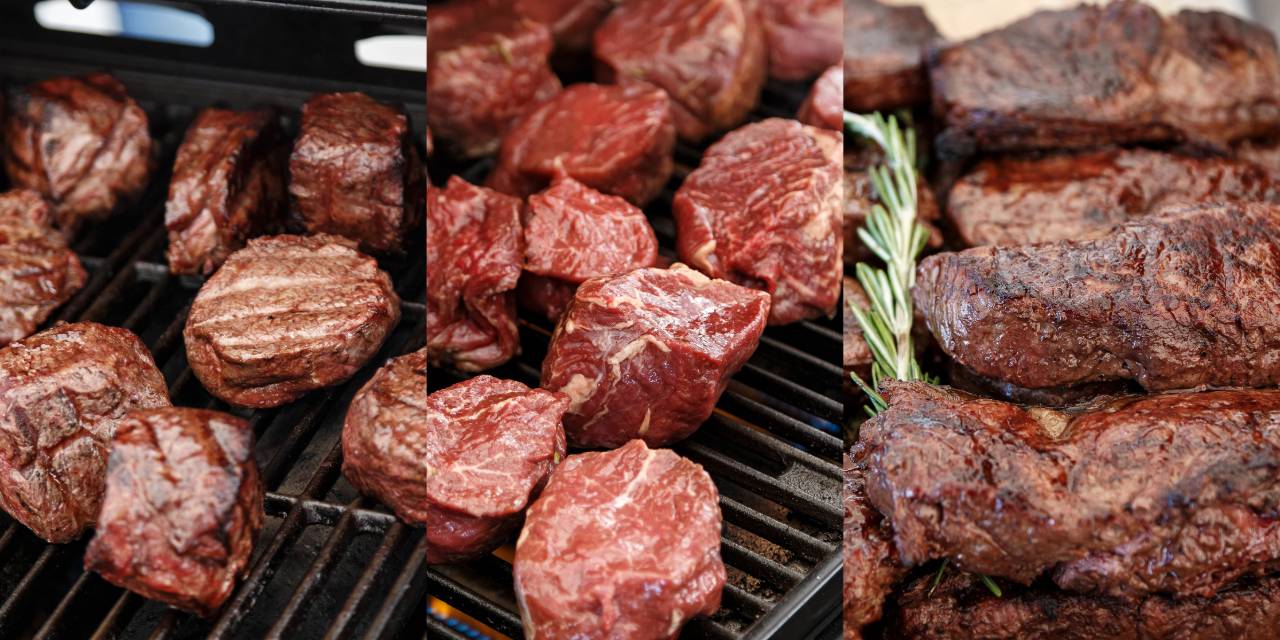How to Conduct a Food & Beverage Mock Recall
A food mock recall is a necessary process for any business in the food and beverage space to understand. Both the Food and Drug Administration (FDA) and Centers for Disease Control (CDC) are heavily focused on COVID-19 and other viral infections being spread through food. Meanwhile, the U.S. Department of Agriculture’s (USDA) Food Safety and Inspection Service (FSIS) seemed to have halted recalls entirely from February to April 2020.
Still, conducting food and beverage mock recalls ensures your business’s recall management procedures can withstand anything. This requires a solid understanding of what’s involved, including consumer notification, regulatory reporting, and more. With a solid platform like Trievr Recall at your disposal, every step of the mock recall process can be tested, managed and scaled to accommodate the mock recall.
This proactive approach is similar to conducting mock safety drills and provide a training ground for your team to understand the process without putting lives on the line or disrupting your business. Here’s how to get started.
Why Perform Mock Food & Beverage Recalls?
Neither the FDA nor USDA requires a mock recall to maintain regulatory requirements. The only requirements laid out by either agency is that companies have a recall plan in place that includes notifying the FDA through its Reportable Food Registry within 24 hours of an incident occurring.
What the Preventative Controls rule of the Food Safety Modernization Act specifies is that there’s a written recall plan in place for any facility that requires preventative control. This is as far as the law goes, but your business can’t depend on an untested process. Just like you go through numerous iterations of testing and quality control before releasing a new product to the public, you need to stress test your written recall plan.
Verify that everything works correctly – your entire supply chain needs to be notified of any issues related to your recall. You need full transparency and traceability of your product’s journey so that you can effectively execute on the plan when necessary. It’s also important that all of your partners both upstream and downstream are notified as well.
Even if your facility remains incident free indefinitely, you may still one day need to deal with the challenges of assisting one of your partners in the process. Familiarizing staff on the proper processes and maintaining regular assessments ensures everyone’s skills are sharp and ready to perform when the time comes.
Elements of a Successful Mock Recall
Whether it’s a mock recall or real one, food and beverage companies need accountability to properly execute on the plan. There are four main elements to build your mock food and beverage recall plan around:
- Building a Recall Team
The recall team is the dedicated team that handles all aspects of the recall. Each member coordinates different pieces and has a perspective unique to their skillset. They take on accountability and act as key points of contact while conducting the recall process.
Recall teams require a recall coordinator to oversee and manage the process. This is a project management role that involves herding cats, so to speak, so choose a strong leader. You’ll also need someone to handle external communications (i.e. media), legal counsel, and customer service representatives to speak with consumers.
- Establishing a Recall Plan
You recall team will also develop and refine the recall plan. This should account for all aspects of business continuity while also including:
Stakeholder notification
Quantifiable operational effectiveness
Proper product disposal
Regulatory requirements
Your plan should provide detailed processes and steps that can be followed and trained to the rest of the team, so everyone is on the same page. This keeps the business running while the recall is performed.
- Conducting a Mock Recall
Once you recall a product, it needs to be traced. This means you should already have a traceability system in place during normal operations. Since you’re in control of the mock recall, you can choose the timing that’s convenient. Wait too long, however, and your simulation will be too late.
Follow every step and properly document what worked and what didn’t, so that all the potential obstacles are already overcome when it’s time to perform in real life.
- Assessing Vulnerabilities and Effectiveness
Food and beverage recalls require intense reporting. Even if you do it right, you can drop the ball on reporting requirements and cause further issues. It’s important to continue mock recall drills until you get it right the first time. Be honest about your assessment of the performance, because real customers and regulators will be less forgiving.
Mock recalls also help you find vulnerabilities in your supply chain. When COVID-19 lockdowns hit, companies of every industry were stress tested in ways never before imagined. Cross contamination with food wasn’t the biggest concern, but there are still major problems that can create a crisis in our supply chains.
Contact Trievr today to learn how our recall management platform can handle all aspects of your food recall. Whether it’s real or mock, we have the experience necessary to get your business through it without creating a crisis in your financials.
